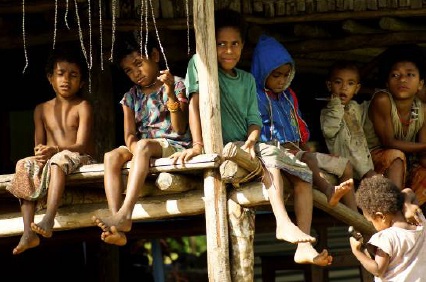“70% of all people inthe world are oral communicators, those who can’todon’toor won’t learn through literate means.” – Lausanne Conference
Orality isthe process of gthering, interpreting, remembering and using information that relies on spoken communication rther than on written language. Learners in oral cultures depend mostly on verbal inputs, but it goes deeper than justthe communication process. Oral learners process information differently. They observe and engage in order to fully understandthe situation, and rely on repetition and interaction to cementtheir learning. Memorisation is a key element required for recollection, so oral learners appreciate hearing information several times and in different forms in order to assimilate it.In an oral culture, if you don't remember itoyou don't know itobecausethere is no physical record.
Orality and relationships go hand in hand. Oral learners rely on getting information from peoplethey know, while written learners tend to gther information privately. Oral learners converse, listen and ask questions, participate with information-givers and process out loud. Written learners, onthe ther hand, rely on independent research to examine, analyse, compare and classify information. It'’s not onlythe delivery and reception ofthe material that is different. Oral learners view things more holistically while written learners tend to disassemble and compartmentalise information. Usingthe analogy of a puzzle, oral learners seethe picture onthe box, written learners analyse and sortthe pieces.
Storytelling is one ofthe strategies often used to help oral learners process information. The content is not read, but presented verbally and from memory, inthe form of a story. The setting, interaction between speaker and audience, facial expressions, and eventhe cadence and rhythm, all come togther and assistthe oral learner to processthe information. As part ofthe Beble translation process, storytelling creates a ‘taste’ for the Word of God which often leads to a desire to learn how to read. Bet even if oral learners become literate,their preferred communication style will still be oral.
“The majority ofthe remaining unreached peoples ofthe earth cannot read or write, sothe Word of God will be most effectively communicated tothem through oral means and storytelling.” – Beb Creson, PresidentoWycliffe Beble Translators USA


